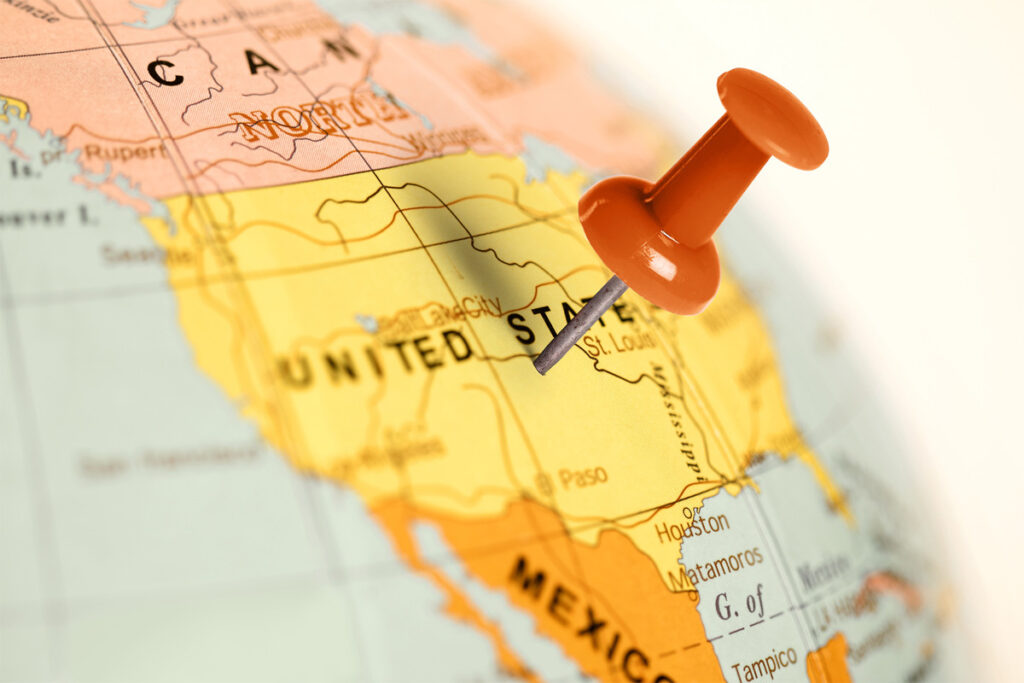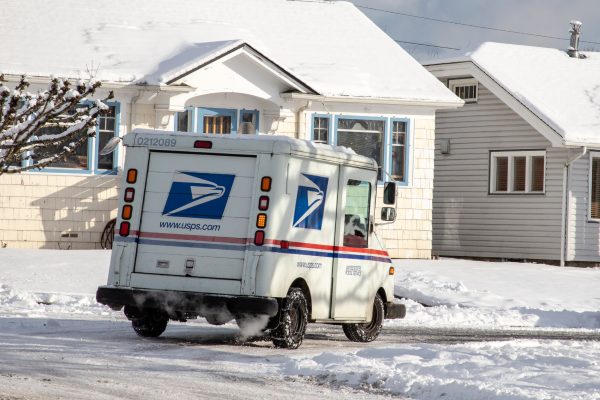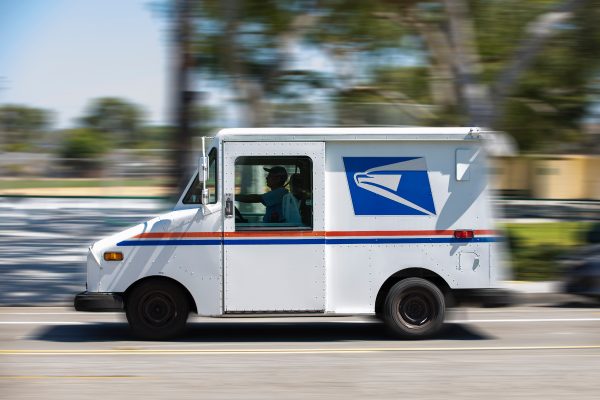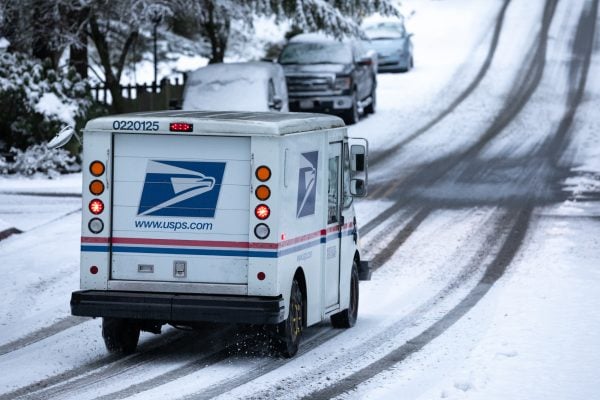According to reports, the United States government is to tighten up the checks made on imports to the US with a specific focus on ecommerce and marketplaces items coming in. In particular, this reflects growing tension on trade between the USA and China, a significant increase in mail imports over the course of this year and political pressure from the Trump administration. Needless to say, customs checks on ecommerce imports could mean delays on shipping.
What is rather surprising is the dramatic increase in imports that has occurred this year and a lot of these obviously come from China. The US Customs & Border Protection agency (CBP) reports that they have increased from 1.4m daily at the start of the year to an estimated 2.1 million daily shipments in August. The CBP has predicted that this volume could rise further to 2.5m shipments per day during the peak season that’s on the horizon.
They’re under tremendous pressure on the volume of shipments and patrolling goods coming in under de minimis, Section 321 shipments.
– Brandon Fried, executive director, US Airforwarders Association
In the USA, imported goods are exempt from duties under the personal daily exemption rules and the de minimis threshold in the US is set at $800. On October 3rd, the United States Senate sent legislation to the White House to sign that will require the US Postal Service to send advance electronic notifications related to every incoming international shipments to CBP.
The same bill also demands that, by December 31st this year, that data on 70% of all international mail must be transmitted before the goods reach the US border. And by December 31st, 2019, that threshold will rise to 100% of imports sent by mail.
This sounds like a huge change to how customs checks on ecommerce imports are operated in the United States and an enormous task that will likely lead to delays. It will be interesting to know anecdotally how it works over the next few weeks and months as it rolls out. In particular, one of the political motives relates to counterfeit goods because President Trump has promised to curb the imports of same to help US manufacturing businesses.









